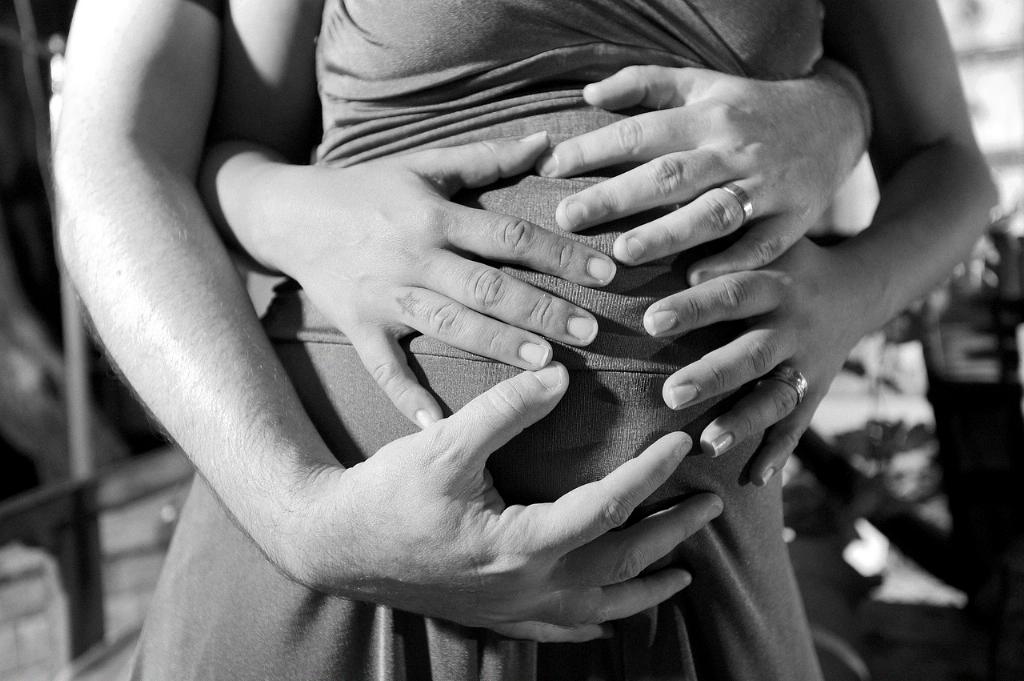Iron deficiency anemia during pregnancy can have serious repercussions on both the mother and the developing fetus. The effects of low iron levels may manifest in various ways, impacting the overall health and well-being of the expectant mother and her baby.
Physical Symptoms in Pregnant Women
Women experiencing low iron in pregnancy often exhibit a range of physical symptoms. These can include fatigue, weakness, dizziness, shortness of breath, and palpitations. The body’s increased demand for iron during pregnancy can exacerbate these symptoms, leading to further complications if left unaddressed.
Emotional Impacts on Expectant Mothers
Beyond the physical implications, low iron levels in pregnancy can also affect a woman emotionally. Feelings of irritability, mood swings, and difficulty concentrating may arise as a result of iron deficiency anemia. These emotional changes can add to the challenges of pregnancy and impact the overall well-being of the mother.
Risk of Preterm Birth
Research suggests that pregnant women with low iron levels may have an increased risk of delivering prematurely. Iron plays a vital role in the development of the fetus, and inadequate levels of this essential mineral can contribute to complications that lead to preterm birth.
Impact on Fetal Development
The consequences of low iron in pregnancy extend to the developing fetus as well. Insufficient iron levels in the mother’s body can impair the transfer of oxygen to the fetus, affecting its growth and development. This can have long-term implications for the child’s health.
Increased Risk of Anemia
Pregnant women with low iron are at a higher risk of developing iron deficiency anemia, a condition characterized by a decrease in the number of red blood cells. Anemia can lead to complications during pregnancy, such as increased fatigue, decreased immune function, and difficulty in recovering from illness.
Complications During Childbirth
Low iron levels in pregnancy can also contribute to complications during childbirth. Women with iron deficiency anemia may experience heavier bleeding post-delivery, increasing the risk of postpartum hemorrhage. Adequate iron levels are essential for a smooth and safe delivery.
Impact on Cognitive Development
Studies have shown that maternal iron deficiency during pregnancy may impact the cognitive development of the child. Iron plays a crucial role in brain development, and inadequate levels during gestation can lead to long-term cognitive impairments in the offspring.
Challenges in Postpartum Recovery
For women with low iron in pregnancy, the challenges do not end with childbirth. Adequate iron stores are necessary for postpartum recovery and breastfeeding. Deficiencies in iron can prolong the recovery process, leaving women feeling weak and fatigued.
Importance of Prenatal Care
Given the significant impact of low iron in pregnancy, regular prenatal care is paramount. Healthcare providers can monitor iron levels, provide necessary supplements, and offer guidance on maintaining a healthy diet to support the well-being of both the mother and the baby.
Seeking Support and Treatment
If you suspect you may have low iron levels during pregnancy, it is crucial to seek support and treatment. Consulting with your healthcare provider can help identify any deficiencies and develop a plan to address them, ensuring a healthy pregnancy and optimal outcomes for you and your child.
Conclusion
In conclusion, the side effects of low iron in pregnancy can have far-reaching consequences for both the mother and the developing fetus. By recognizing the signs of iron deficiency anemia and seeking proper care, pregnant women can safeguard their health and the well-being of their unborn child, promoting a healthy and successful pregnancy.

